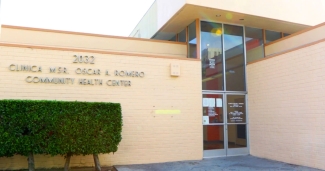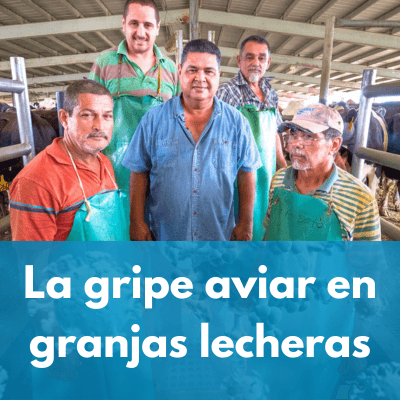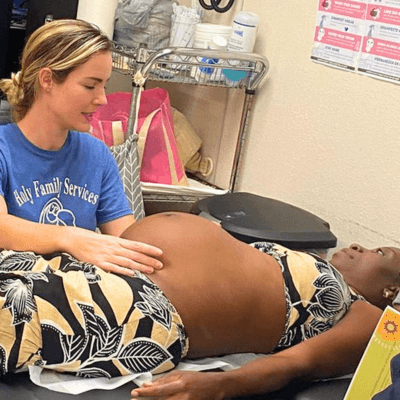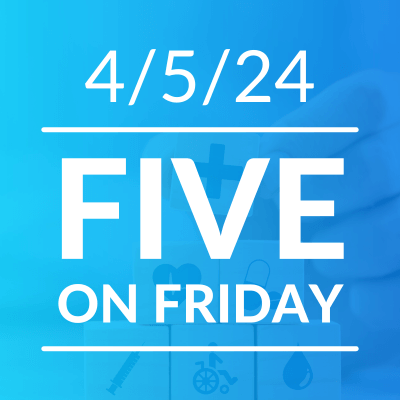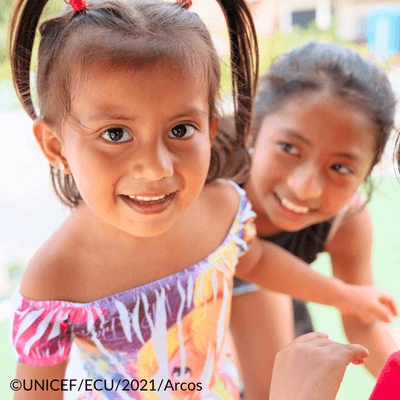Diabetes, Food Deserts, Depression, and More with Martha González from Clínica Romero
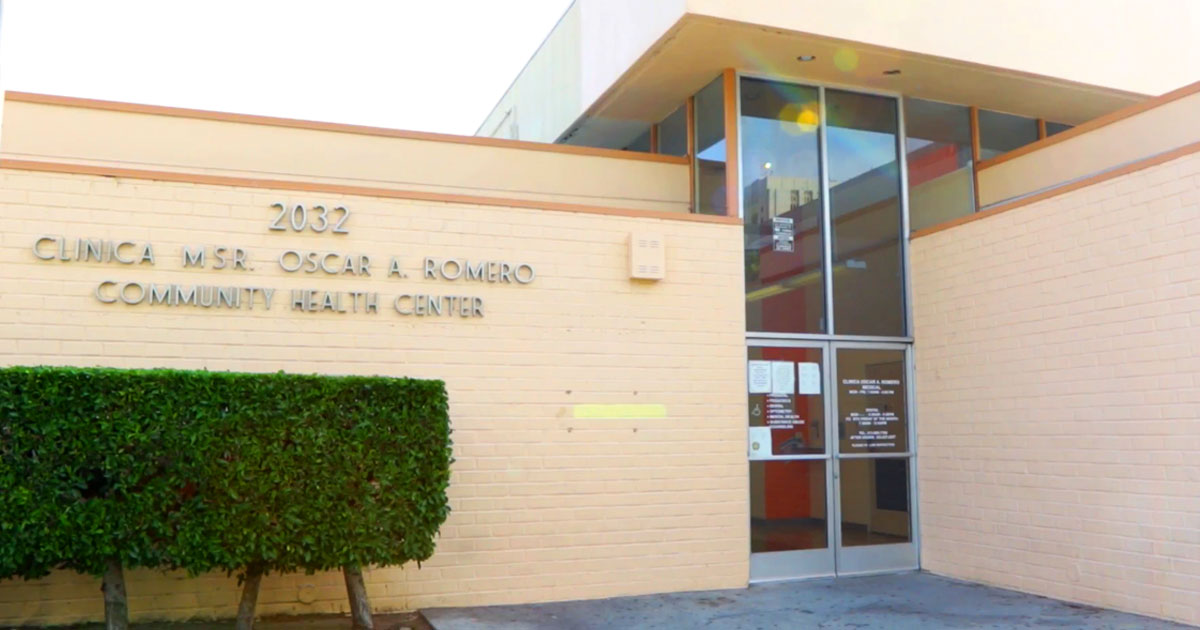
[Editor’s note: MCN’s Diabetes Project ECHO brought together clinicians from over a dozen health centers with diabetes experts from around the country to best strategize how to bring A1c numbers down. Here, MCN’s Martha Alvarado interviews a participant on her experience. Read Martha’s previous interview here.]
In the heart of one of the biggest cities in the country, Clínica Monseñor Oscar A. Romero, or simply Clínica Romero, provides a variety of much-needed health services to the medically underserved people of Los Angeles. At two main locations, patients can see a doctor, fill their medications at low or no cost, and attend to any other health concern they may have. It is also from here at Clínica Romero where one of our most engaged participants, Ms. Martha González, has logged into our Diabetes ECHO sessions every other Tuesday for a total of six sessions over the course of the spring.
González works as a promotora providing resources, education, and patient care to members of her community. She began working at Clínica Romero in 2013 in the program “Mi Vida! Mi Salud!” (“My Life! My Health!). Composed of a committee of promotoras and patient leaders, Mi Vida! Mi Salud! offers the marginalized, lower-income population access to health care and an understanding of the health care system.
I imagine that working with such a large population, Ms. González must see an array of health conditions that range from minor to severe, from a cold to the end stage of many chronic illnesses, including diabetes. Diabetes was precisely the topic of discussion during MCN’s ECHO series, and it was what Ms. González and myself sat down and talked about.
Martha Alvarado: We’re all aware of the high rates of diabetes in our communities. Is it a problem in your community?
Martha González: I see it as a contagion because it’s rare to see a person that doesn’t have diabetes. There are various reasons: the culture, the food, the fast-paced lifestyle, and the need to eat quickly. The community here does not have access to a large supermarket, which are much more expensive, and in order to get to these larger supermarkets people need to use other methods of transportation. We were curious ourselves and through some investigation we found that the ripe fresh fruits and vegetables were going to the more expensive grocery stores out of the immediate area, and the more local “mercados,” the ones that sell food to the lower-income communities, receive produce of a lesser quality.”
MA: Any particular patient that reflects how diabetes affects her community?
MG: For many years [we were seeing] a woman that had diabetes. Like many of our patients she did not take care of herself, was forced to go under dialysis, and ultimately died. Unfortunately, many of our patients are older people that have a hard time maintaining appointments, or don’t follow medication instructions. We are here to help them with any needs they have, especially dietary needs and information.
MA: Why did you decide to participate in the ECHO series?
MG: We would like to start a new class with more information that specifically addresses diabetes types 1 and 2, [including] the resources that we have and the ones that are shared. I’m getting a lot of information [from the sessions]. My goal is to lower A1c [levels of my patients], but mostly to help with diet. As I said, there are no close supermarkets here; that was my motive. I want to learn how other organizations are implementing their [diabetes] programs. I’m trying little by little to form a strategy that will help my patients.”
MA: What was your favorite part of the ECHO model?
MG: I like that we are able to ask questions. If I have a question I can ask and an expert will advise me or communicate with me on the answer. I was personally impacted since I also have diabetes, loss of memory, and depression. The resource provided, “Mi plato para casos de emergencia,” was very beneficial. I was not aware of depression as a symptom of diabetes. I think this is something important because I imagine many patients wake up some days feeling sad. Knowing that this is a cause of diabetes, we can help them by referring them to a doctor or other professional.”
My conversation with Ms. González was a short one, but I learned a great deal from her. Her dedication to her community is apparent. She is clearly taking the lessons learned from this series and sharing them for the benefit of her patients. I would like to thank her for taking the time to speak with me and hope that the resources provided by the series and MCN make an impact on the patients of Clínica Monseñor Oscar A. Romero.
Like what you see? Amplify our collective voice with a contribution.
Got some good news to share? Contact us on our social media pages above.
Return to the main blog page or sign up for blog updates here.
- Log in to post comments
